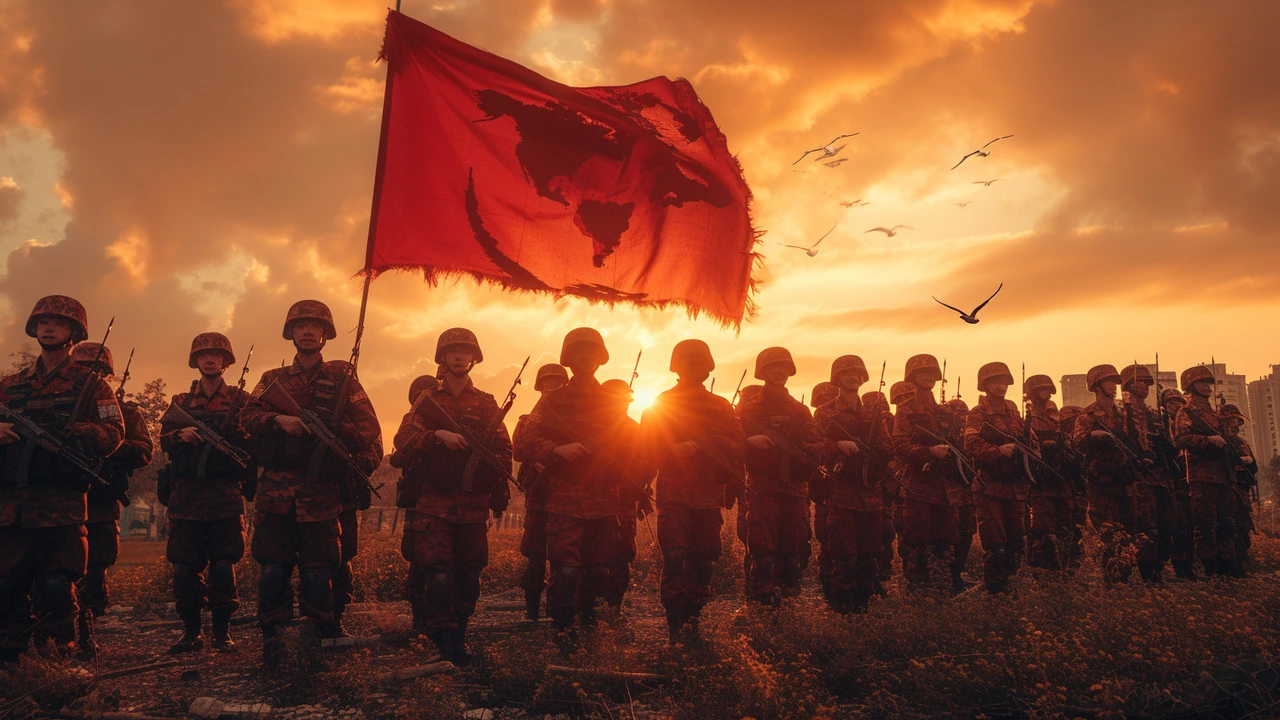Who keeps fragile places from sliding back into violence? Global responsibility answers that: states, international bodies, NGOs, communities — and yes, ordinary people. On this tag page you'll find clear takes on how that shared duty works in practice, what fails, and what actually helps.
Global responsibility isn't a slogan. It's a set of choices: when a country sends peacekeepers, when a charity delivers food, when a local leader protects refugees. Each choice adds up. When those choices line up, a mission can protect civilians, help communities rebuild, and create room for politics to work.
States bring troops, funding, and political weight. The United Nations coordinates mandates, rules of engagement, and legal frameworks. NGOs reach people on the ground and provide services fast. Local communities provide knowledge, trust, and the long-term glue that keeps peace. None of these actors can do it alone. Real impact needs coordination, clear goals, and respect for local priorities.
That division of labor also creates gaps. Wealthier countries often avoid long-term commitments. International mandates sometimes clash with local needs. And funding cycles can end just when rebuilding needs steady hands. Spotting these weak links helps fix them: better training, smarter financing, and stronger local partnerships.
Want to move beyond feeling helpless? Start small and concrete. Support reputable organizations that work where peacekeeping and humanitarian aid intersect. Follow reliable reporting so you can hold leaders accountable. Vote for politicians who back fair burden-sharing and clear rules for missions.
If you work in policy, push for predictable funding and better exit plans for missions. If you work locally or with a charity, prioritize community-led projects that build trust. Tech people can help by improving communications, mapping risks, or protecting civilians with better data tools. Students and teachers can bring case studies into classrooms to grow informed future leaders.
Stories matter too. Personal accounts from peacekeepers, aid workers, and affected communities change how people understand crises. On this tag page you’ll find those human stories alongside explainers and strategy pieces — useful if you want to learn, share, or act.
Global responsibility is messy, but it’s practical. It asks for clearer roles, honest assessment, and steady support. When readers, voters, professionals, and neighbors all play their parts, peacekeeping and humanitarian efforts stand a better chance of lasting success.
Browse the posts under this tag for mission reports, analysis, and first-hand stories that show what works — and what still needs fixing. Share what you find, ask questions, and take one practical step today to help shoulder global responsibility.

From my perspective as a passionate advocate for peace, the article I'm sharing today explores the immense role of peacekeeping as a global responsibility. We delve into topics such as international security and conflict resolution, demonstrating the significance of collective action in maintaining world peace. Expect to discover how peacekeeping operations have evolved over the years and the current challenges they face. This is a chance for us to enhance our understanding, and ideally, our commitment to this critical global endeavour.
